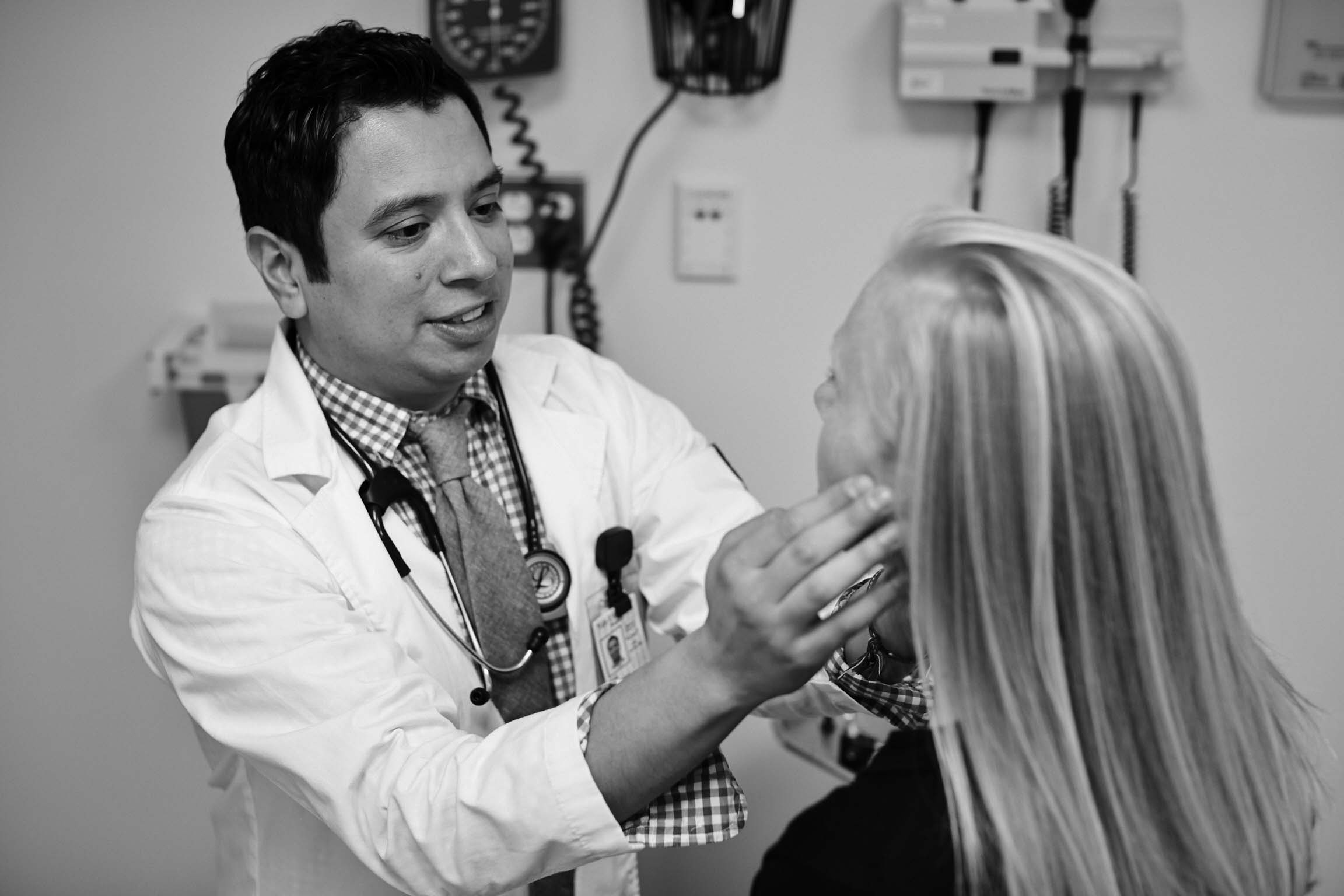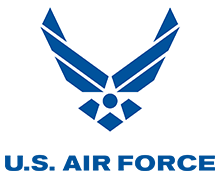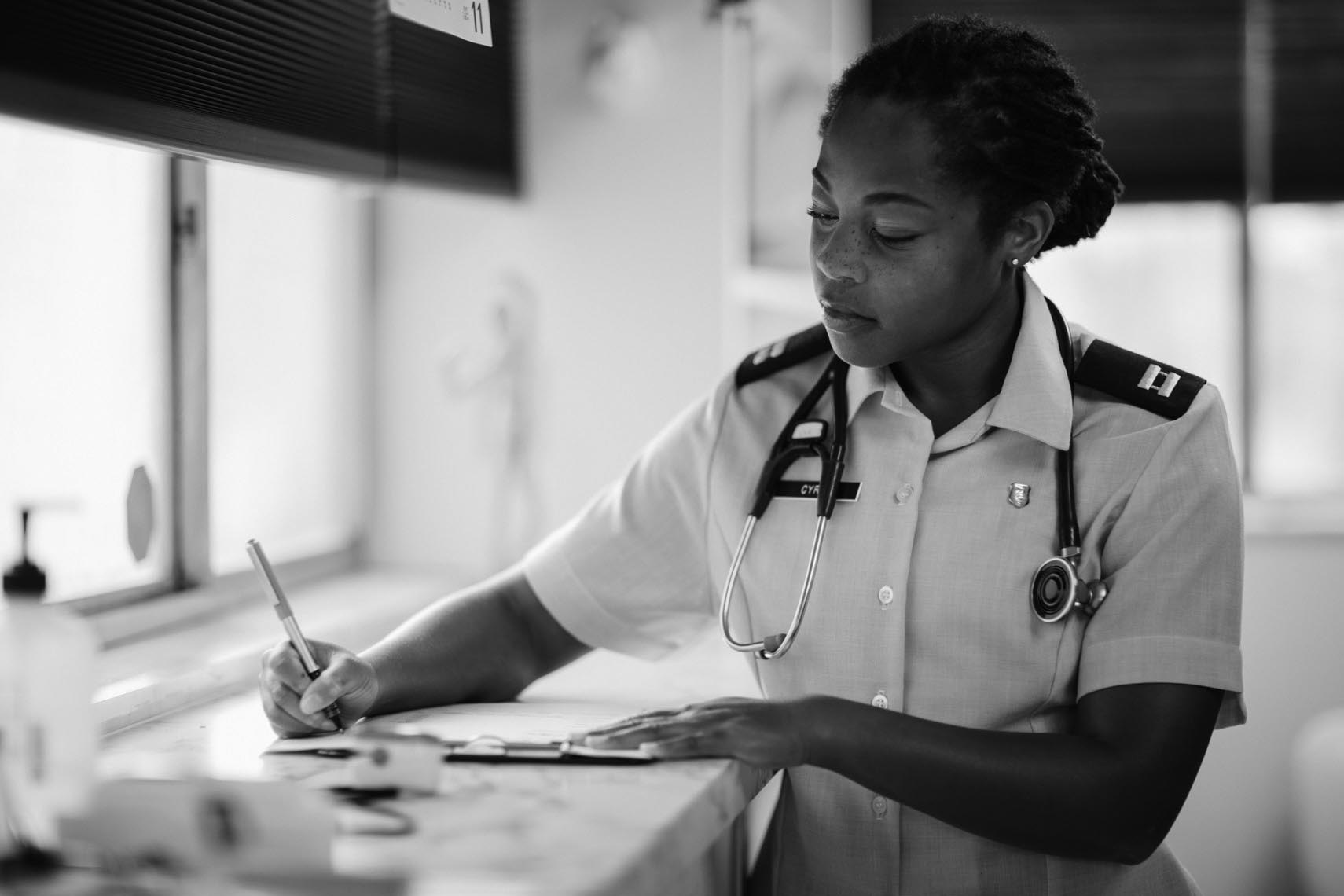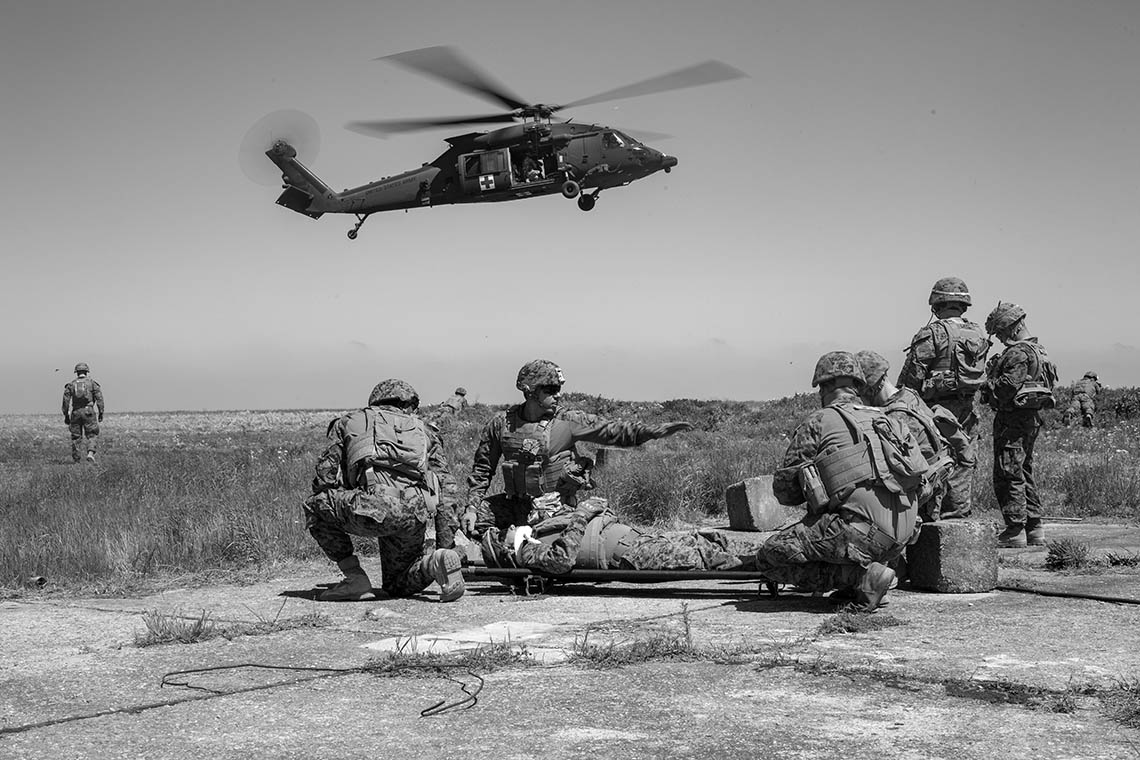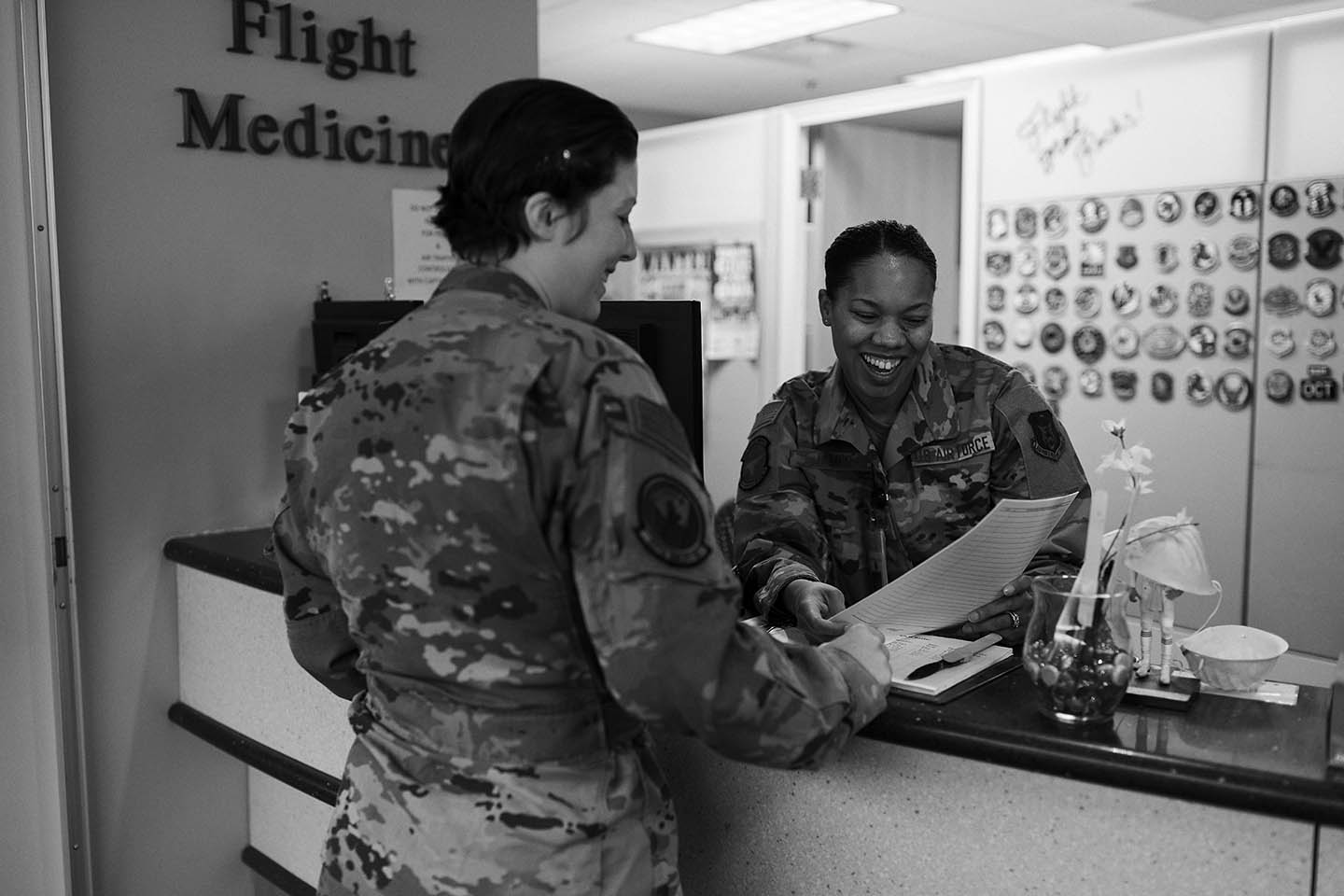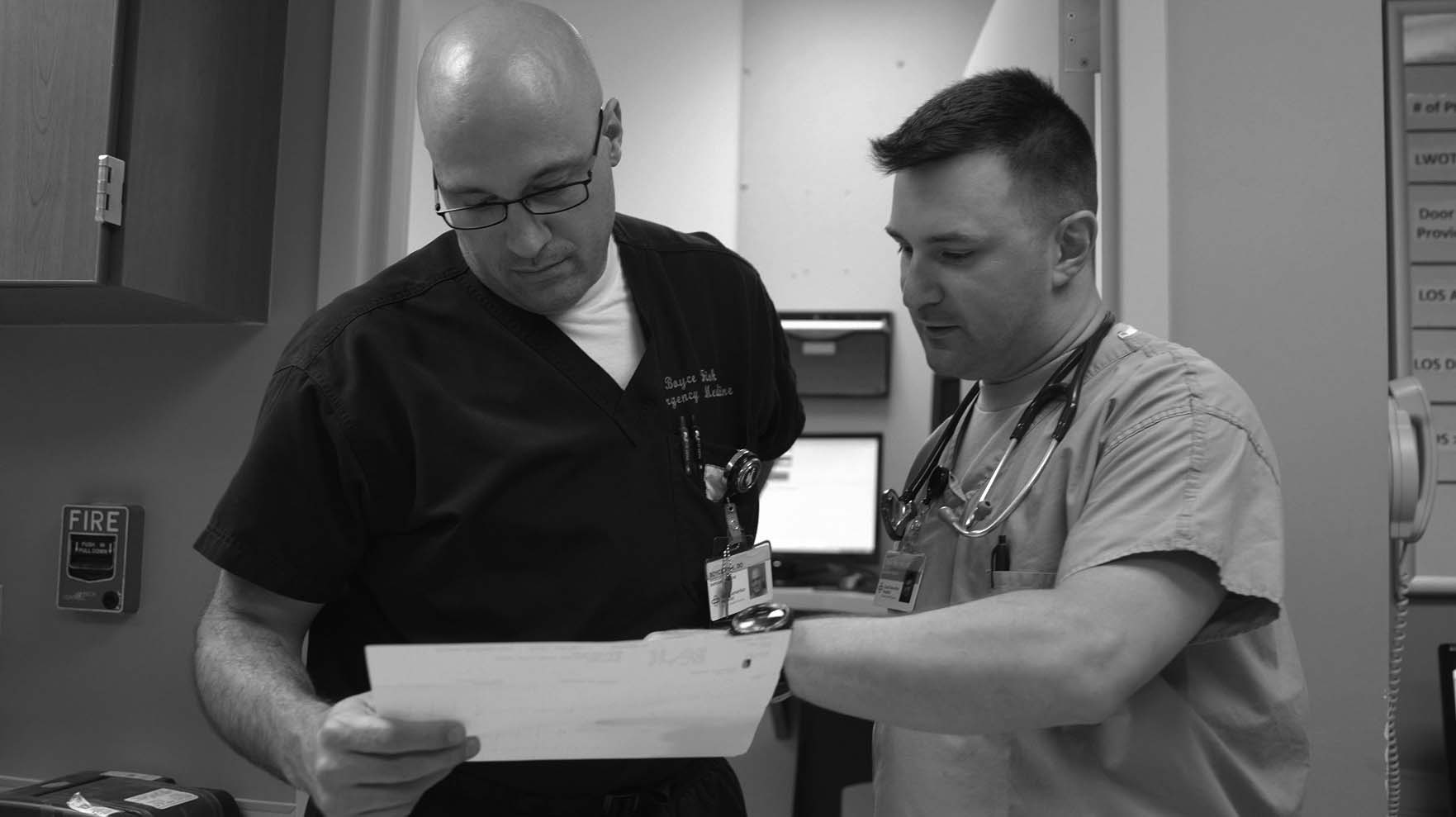
- FAQs
- |
Health Professions Scholarship Program (HPSP)
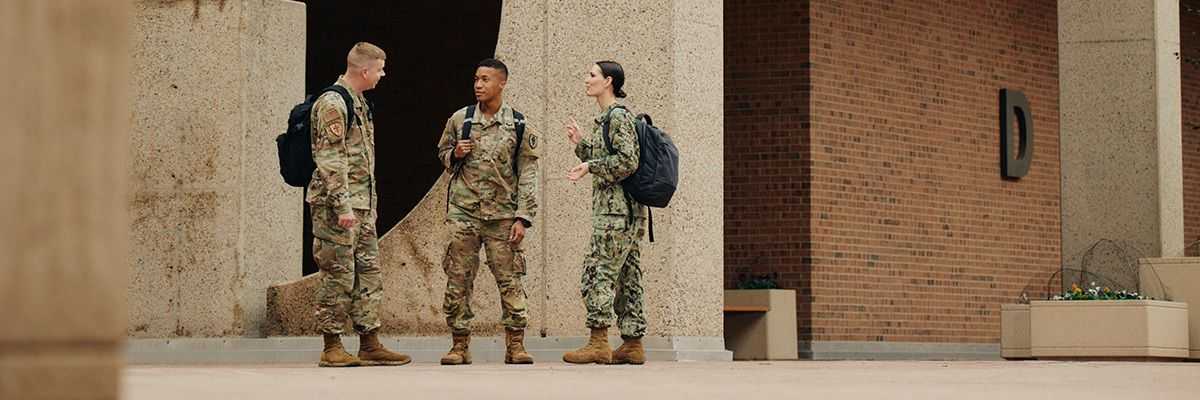
As one of the most comprehensive scholarships available in the healthcare field, the Health Professions Scholarship Program (HPSP) can go a long way in helping pay for an advanced medical degree for current and future medical students.
Health Professions Scholarship Program Offers a Unique Medical School Experience
Hear from two Army HPSP recipients about their scholarship journeys
Hear from two Army HPSP recipients about their scholarship journeys
LAFRANCE: My name is Elizabeth LaFrance and I am a first year medical student at Baylor College of Medicine in the Army Health Professions Scholarship Program. Emergency medicine is just this incredible specialty you get to do a little bit of everything and you get to do the most exciting part of a little bit of everything and it's it's incredibly unique in that sense. You get to experience so many things that are not available in any other areas of life. You get to see into anatomy in a way you've never seen it before you get to learn some of the innate workings of your own body and of the bodies of others and then you'll be able to use that knowledge to help people at large and that's a very exciting process I found a health profession scholarship program online through goarmy.com. I started to research what it offers the program is incredibly unique for people that want to have their medical school paid for and get paid to be a student and and live a lifestyle that that's comfortable while you're going through this rigorous education and the scholarship program offers all of that. Because of the Health Professions Scholarship Program I can focus on just being a student because what the Army wants me to be is the best doctor I can meet I don't have to be stressed about the burden of financials or paying rent because they have that covered. The opportunities to train at military residency programs that have all of the funding and support of the Department of the Army and Department of Defense it just it was a very unique training experience that you could have after Medical School. From arriving at Medical School I had a community I immediately connected with other people who are in the program and they innately shared some of the same goals that I did some of the same desires for leadership and service to their country and I know that. Army medicine is in many ways on the cutting edge of a lot of different areas and fields that interest me and certainly a better emergency medicine physician for training here and I could not imagine my life going in a different path. I have been more excited to become a doctor since signing up to be in the Army Health Professions scholarship program then I was just to be a doctor on its own because it only adds another layer to it.
